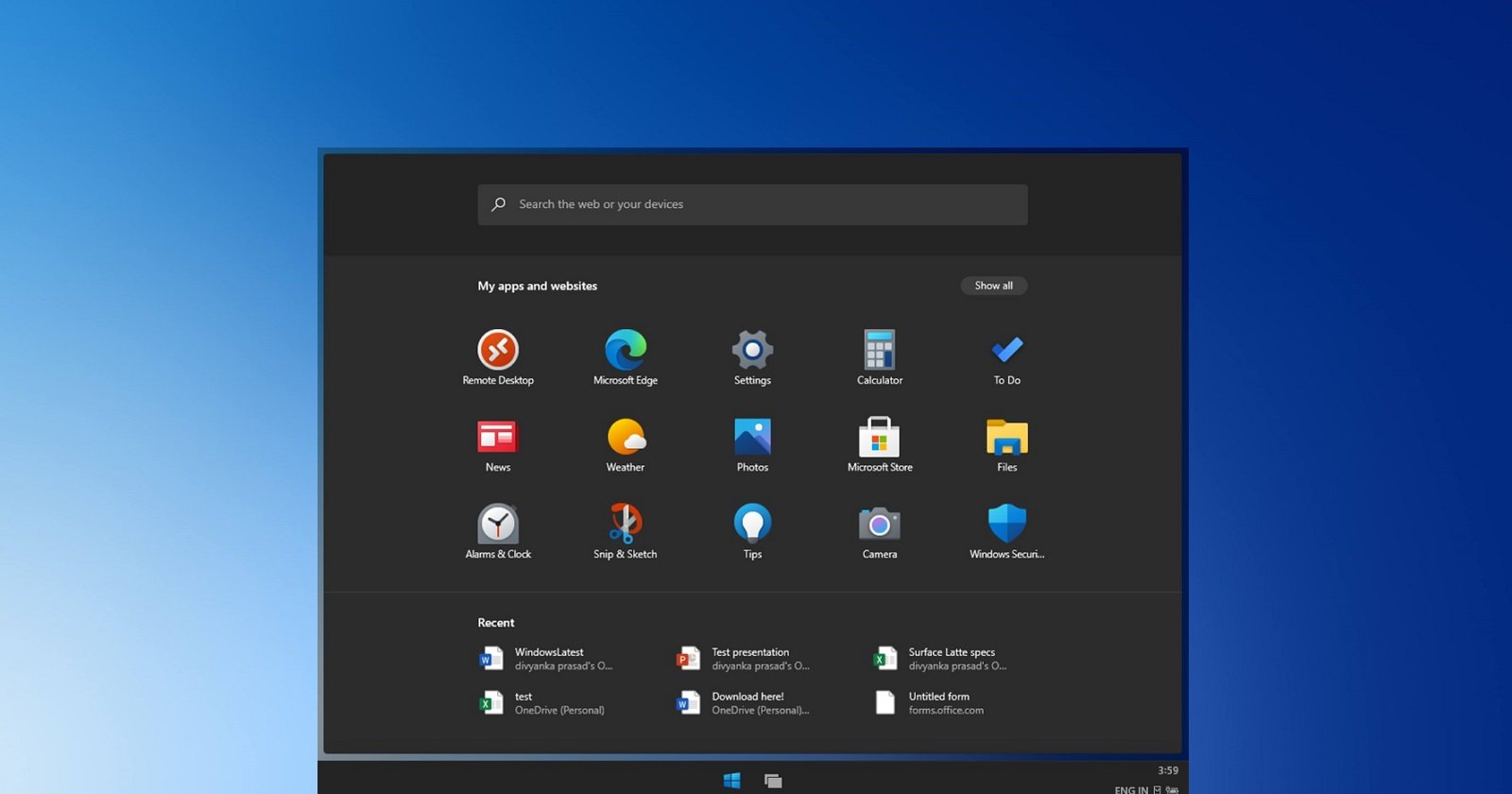The Windows 10X είναι μέρος του φιλόδοξου προγράμματος Windows Core OS της Microsoft και προβλέπεται να είναι το επόμενο functional. The company plans to launch Windows 10X on single-screen PCs with a new Start menus, Action Center, Taskbar and a smart security feature later in 2021.
One of the new ones possibilities of Windows 10X is also the "anti-theft protection". As the name suggests, this feature will be able to prevent someone who gets their hands on your device from resetting it to make it their own.
Restore protection is a smart feature that makes it harder to use a stolen laptop with the help of your Microsoft account.
Anti-theft protection or reset protection will be useful if you lose your laptop or it is stolen.
To factory reset Windows 10X, you must be logged in to the account of the device (the one you used to set it up). This means that if someone gets a Windows 10X laptop, they will not be able to reset it without being logged on.
By default, reset protection will be disabled and must be enabled manually by settings. There should be no problems as long as you choose to reset to factory settings and remember your device PIN.
However, if you do not remember your PIN or do not have access to your Microsoft account, the protection will not allow you to reset your device.
Microsoft has not said much (so far) about the features of Windows 10X, but insiders say the operating system will come to $ 600 devices in the spring and then receive monthly updates.
It is also worth noting that Windows 10X will not be released for download on existing devices and will be pre-installed with a new category of devices.





